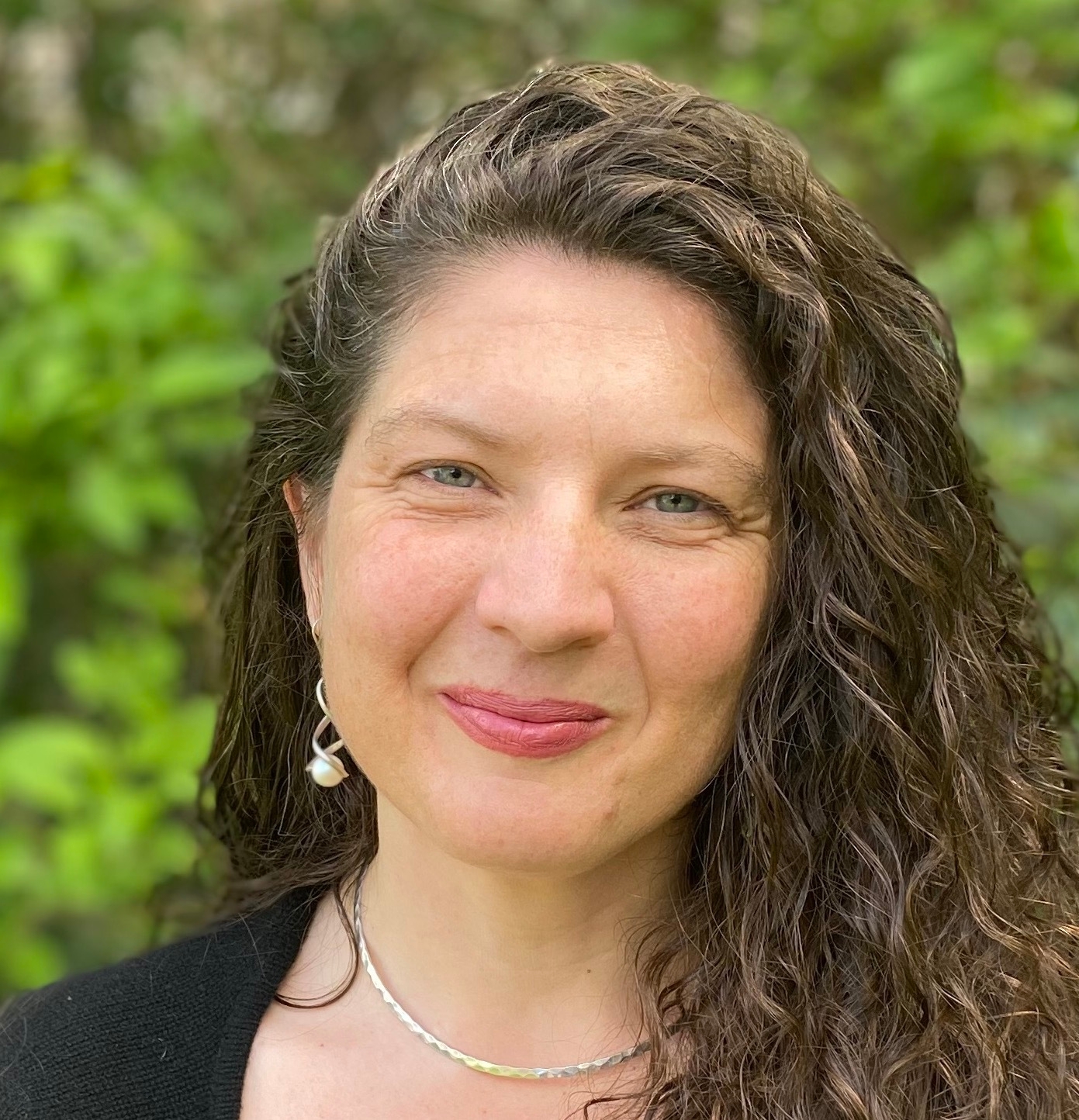Question: Why is someone called to the Torah for an aliyah by their father’s name, but when praying for them, i.e. during healing, the mother’s name is used?
Although in many contemporary Jewish communities people are called to the Torah (and otherwise identified) using both parents’ names, you are right to ask why, in more traditional circles, a person is referred to by their father’s name at some times and by their mother’s at others. When is one used, and when the other? And why?
The general rule is that people are referred to using their father’s name. Maybe that’s not surprising given Judaism’s generally patriarchal orientation. Traditionally, the father’s name, or patronymic, is used not only for an aliyah to the Torah, but also in documents for marriage or divorce, and when inscribing a tombstone.
An exception is made when praying for someone’s healing, and some say also for any instance of personal crisis. Since this is more of a custom than a law, there’s no definitive reason for the practice, but there are several possibilities.

Help us keep Jewish knowledge accessible to millions of people around the world.
Your donation to My Jewish Learning fuels endless journeys of Jewish discovery. With your help, My Jewish Learning can continue to provide nonstop opportunities for learning, connection and growth.
One explanation rests simply on biblical precedent: King David, whose psalms are our most ancient prayers, prays for himself as “son of Your handmaid,” never mentioning his father. We follow in his ways even if we don’t exactly know the reasons for them.
A second line of reasoning is that, at least before the days of DNA testing, a person’s paternity was always somewhat uncertain. So in times of crisis, we identify them by their mother, about whose identity we can be more certain. (Some reject this suggestion because its implications are shameful; in general, we don’t question assumed paternity.)
A third option is that men are more likely to fall short of piety because more mitzvot are required of them. Thus, invoking a sick person by their mother’s name hopefully connects them with their more meritorious parent.
Personally, I prefer another set of explanations, which emphasize maternal compassion and perhaps even imply that we are calling on God as mother, hoping She will be moved by our suffering as a mother might be. After all, the Hebrew word for compassion, rachamim, echoes the word for womb: rechem. Perhaps in using a person’s matronymic we are praying that the Divine Mother will also act to protect human mothers from the distress of seeing their children unwell or in danger. Our scriptures give us some potent images of maternal distress at their children’s misfortune, perhaps most poignantly Rachel “weeping for her children, who are no more.” (Jeremiah 31)
All in all, alongside various alternatives, perhaps it simply makes sense to pray for a person’s physical wellbeing in the name of their mother, the person who made the body in question.

Rabbi Sarah Bracha Gershuny is a writer, ritualist, musician, healer and teacher.



